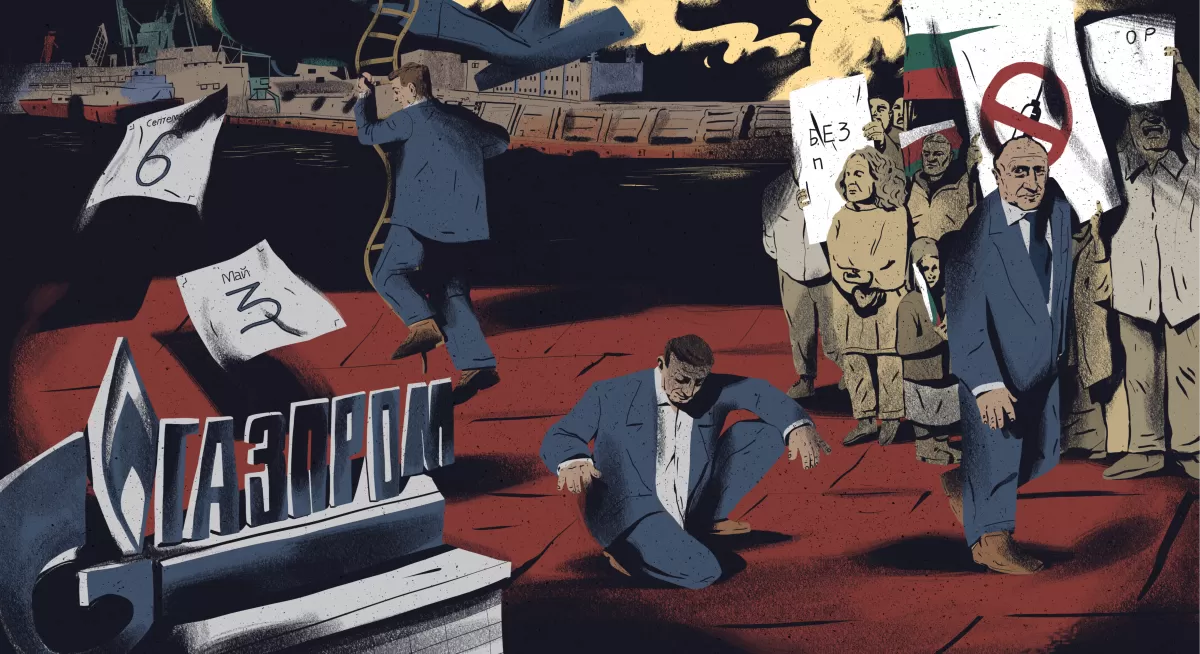
PM Kiril Petkov faces numerous challenges in his desire to send military aid to Ukraine including severing his relationship with the man who introduced him into politics, President Radev. On top of that, Russia cut Bulgaria’s gas supply, adding to the challenges faced by the government.

EU and NATO member Bulgaria, once Moscow’s closest satellite, has been moving away for years, albeit at a slow pace, from Russia’s pull. This process has been accelerated following Russia’s invasion of Ukraine. However, the Kremlin can still count on an array of friendly politicians, spies, and a disinformation and propaganda network to further its interests in Sofia.

Bulgaria is looking like a place that no one really wants to govern. The country is heading for its fourth elections in eighteen months and chances for a coalition are getting increasingly small. As major players are trying to win the popular vote, smaller parties are hoping for momentum, as polls predict that the next parliament might feature up to seven parties.

The ruling coalition in Bulgaria has promised to improve the country’s relationship with North Macedonia ever since stepping in power. This has proved to be more difficult than expected as the topic is used to rally nationalist voters.

Six months in, the reformist cabinet of PM Kiril Petkov was taken down by the growing opposition which initiated the first ever successful no-confidence motion in Bulgaria’s history.

After Sunday’s general elections, Boyko Borissov’s GERB came back on top but is left to the oldest Bulgarian dilemma – whether to lean towards the West or the East. Borissov has been rebranding himself as more critical towards Russia, but past corruption allegation make it hard for him to find partners. Pro-Russian parties also increased their clout, but they have no chance of forming a majority.